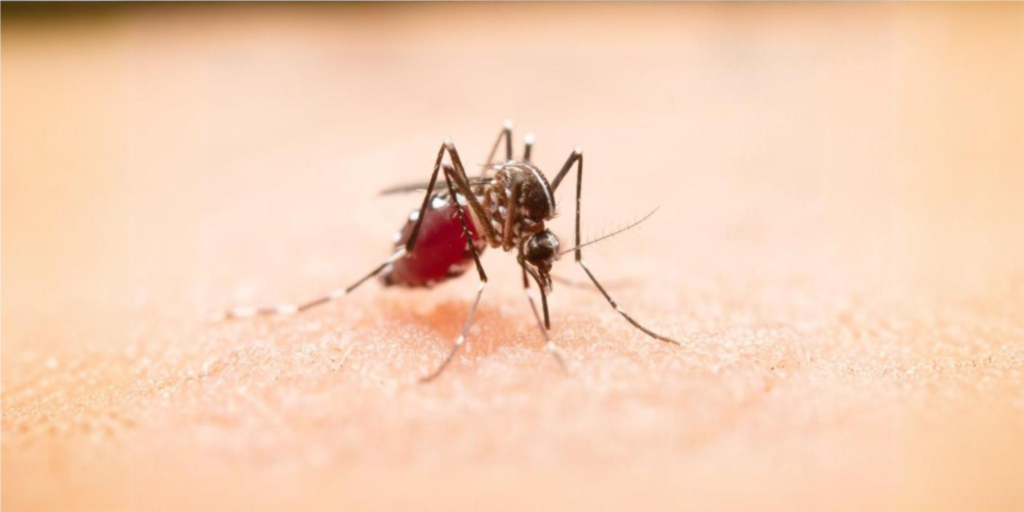Tags
Fact-check: Diapers don’t cause infertility in male infants
Author
Author
- admin / 1 year

- 0
- 3 min read

Sperms are not produced until adolescence, and any potential effects from wearing diapers are likely to have dissipated by that time.
Aarizo Jan, a new mother from Budgam district in Kashmir, India, was advised by her grandmother-in-law to avoid using diapers for her infant boy. She was warned that it could cause reproductive health issues for the child, including infertility.
Can the use of diapers in male infants hamper their reproductive health? Not really. There is some evidence that the use of disposable, plastic-lined diapers may result in an elevated scrotal temperature in boys, causing impairment of their natural testicular cooling mechanism. This may have a negative impact on the production of healthy sperm is the contention.
While elevated temperature of the scrotum can have short-term effects on male fertility, research suggests that once the testicles cool down again, sperm production goes back to normal. Also, it is important to note that boys do not produce sperm until adolescence, and any potential effects from wearing diapers are likely to have dissipated by that time.
First Check reached out to Dr Yasir Wani, Head of the Department of Paediatrics and Neonatology, District Hospital Pulwama, Kashmir, India, for his scientific take on the subject. “Ongoing studies are examining whether diapers could potentially be a cause of infertility. While some research suggests that diapers may contribute to infertility by elevating testicular temperature (which should be lower than the temperature of other body parts) beyond the optimal threshold of three degrees Celsius, further research is required to establish conclusive evidence on this matter,” says Dr Yasir.
Dr Eunice Wong, First Check member and paediatrician, specialising in behavioural and developmental pediatrics, from Hong Kong believes that the heat and moisture trapped in diapers do not present a substantial threat to male reproductive health during infancy. “There are several factors that can influence male fertility later in life. One important factor is the condition of undescended testicles, where the testicles remain inside the body, potentially leading to impaired sperm function,” she says.
“In cases where male infants have undescended testicles and happen to be wearing diapers, it is possible for this correlation to be misinterpreted as a causal relationship between diaper usage and reduced fertility. However, there are no documented cases or known instances of long-term reproductive issues or infertility in males specifically attributed to diaper usage,” she explains.
Dr Eunice recommends changing the baby’s diapers at regular intervals. This can be done after every feed, since bowel movements or urination usually accompany the feeding. Or else, parents may choose to change the diaper before feeding, ensuring that the infant is clean and dry.









